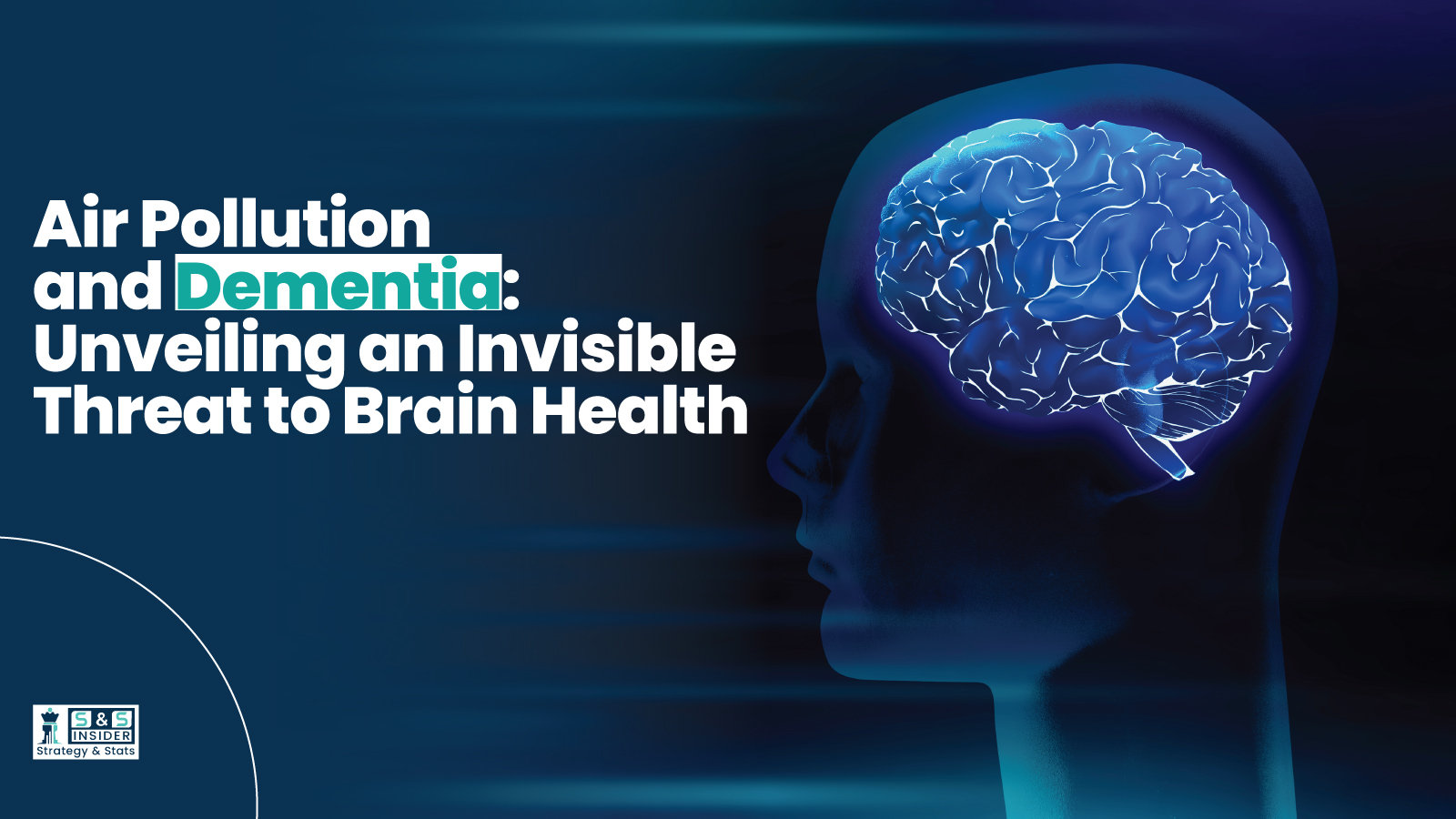
A lot of people think of dementia as an illness that comes on slowly as we become older and causes disorientation and memory loss. What if the air we breathe every day is one of the things that causes it, instead of age or genetics. A new large-scale study with roughly 29 million people found a worrying association between air pollution and dementia, and dementia treatment. Long-term exposure to some of the most common contaminants in our environment has been linked to a much higher risk of dementia, such as Alzheimer's disease and vascular dementia.
Findings from the Study:
The study looked at three pollutants including soot (also known as black carbon), nitrogen dioxide (NO₂), and PM2.5 (fine particulate matter). Wood smoke, industrial emissions, truck exhaust, and even dust from building work are all common sources of these contaminants. The numbers that stood out to us are:
In 2023, the average PM2.5 level on the side of the road in Central London was about 10 μg/m³. This is high enough to worry those who live and work in busy locations.
How Pollution Affects the Brain?
Scientists say that these pollutants can get into the body through the lungs and then travel to the brain. When they get there, they can cause oxidative stress and inflammation, which are known to damage brain cells and are common in people with neurodegenerative illnesses. This does not establish that pollution directly causes dementia, but it does strongly suggest that it makes dementia more likely to develop more quickly.
The study's most important finding is that not everyone is harmed in the same way by pollution. People who live in low-income, marginalized communities, usually in highly crowded cities, near factories, or roads, are more prone to breathe dirty air every day. Ironically, scientific studies, which primarily involved participants from wealthier, white populations, also underrepresent these communities. Due to this difference in representation, it is even more important to understand how air pollution affects everyone in society.
What is Actionable?
This study is more than simply a warning, and it gives us a chance to make big changes. By implementing stricter air quality standards, promoting the use of renewable energy sources, and paying for public transit, governments can lower emissions on a greater scale. Cities may cut down on pollution hotspots by improving urban planning, making low-emission zones, and planting more trees.
On a personal level, small things can pile up. You may decrease your exposure by using air purifiers inside, staying away from congested locations during peak hours, and choosing to walk or bike whenever you can. Another crucial thing to do is to push for better legislation and support environmental projects in your neighbourhood.
Concluding Remarks:
This study is a potent reminder that our surroundings have a direct impact on our health, including the health of our brains. Dementia is already putting a lot of stress on families and the healthcare system. Addressing pollution is a public health priority and an environmental one if cleaner air could lessen that burden. Although we cannot instantly alter the air, we can shield future generations from a threat that was essentially invisible until recently if we are aware of it and take action.
Source: The Economic Times